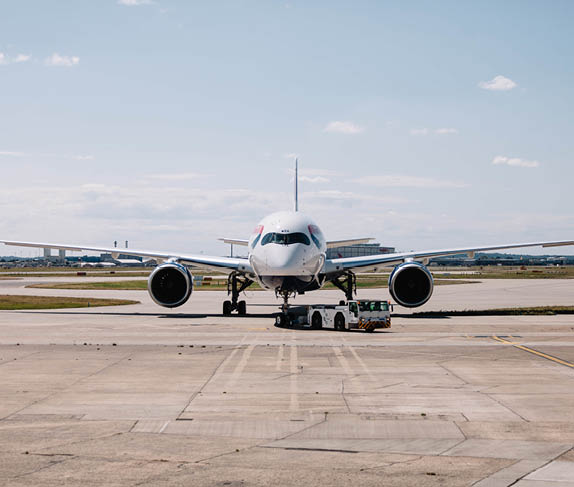Deutsche Lufthansa has selected CFM International's CFM56-5B engine to power 30 firm Airbus A320ceo (current engine option) aircraft. The agreement is valued at more than $610 million at list price. The aircraft were announced in June of this year.
"Our choice of the CFM56-5B engine is a true continuation of our long-running relationship with CFM," said Nico Buchholz, executive vice president, Fleet Management for Lufthansa Group. "We know from experience that the CFM56-B offers a world-class combination of economic efficiency, reliability, and time on wing. We pleased to introduce more of these engines into our fleet."
Lufthansa, which is part of the Lufthansa Aviation Group, currently operates a fleet 350 CFM56 engines powering Airbus A319/A320, long-range, four-engine A340-300, and Boeing 737 Classic aircraft. Overall, Lufthansa Aviation Group, which includes Germanwings, Austrian, and Swiss, operates more than 560 CFM56 engines.
"This is a fantastic vote of confidence for the entire CFM Team," said Jean-Paul Ebanga, president and CEO of CFM. "Lufthansa is a long-time CFM customer and we are proud to continue this long relationship with them."
"Lufthansa again chose the CFM56-5B after a very detailed technical evaluation," said Kevin McAllister vice president of sales for CFM parent company GE Aviation. "It is highly gratifying when an airline noted for its technical expertise recognizes the exceptional value that our product will bring to their fleet." All of Lufthansa's new engines will be the CFM56-5B Performance Improvement Package (PIP) configuration. The PIP became the new production configuration for the CFM56-5B in 2011. The improvements, which is providing a 0.5% improvement in fuel burn, include hardware changes to the core, including new high-pressure turbine blade, as well as manufacturing changes the fan and compressor blades and vanes to improve performance retention. The engine maintains the same noise signature as the current production engine and meets current International Civil Aviation Organisation (ICAO) Committee of Aviation Environmental Protection standards (CAEP /6) requirements.

